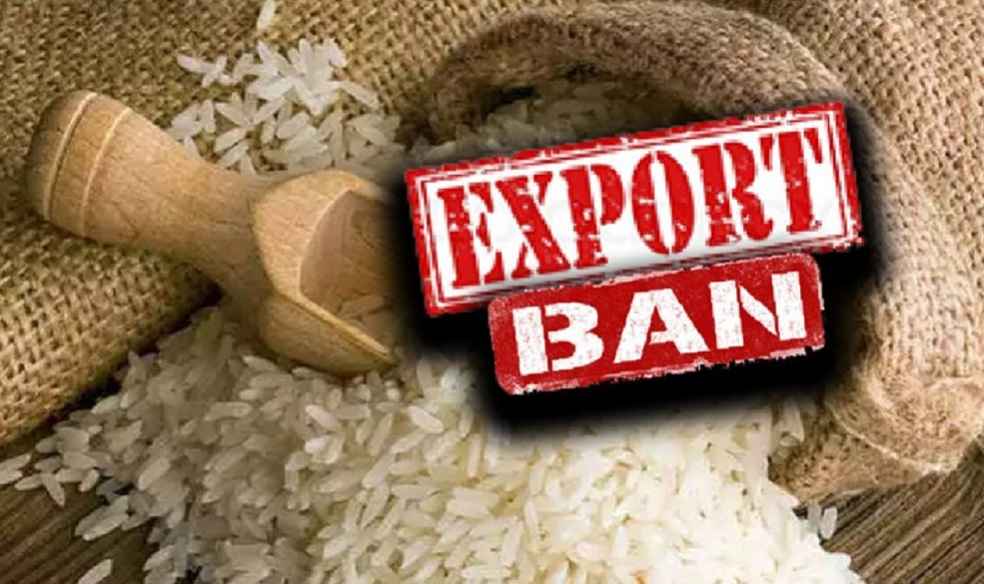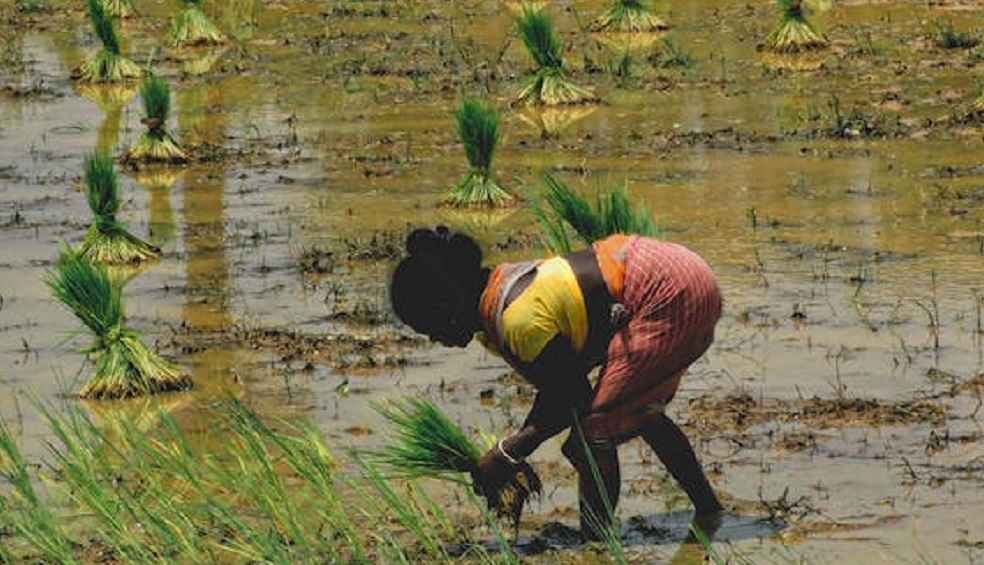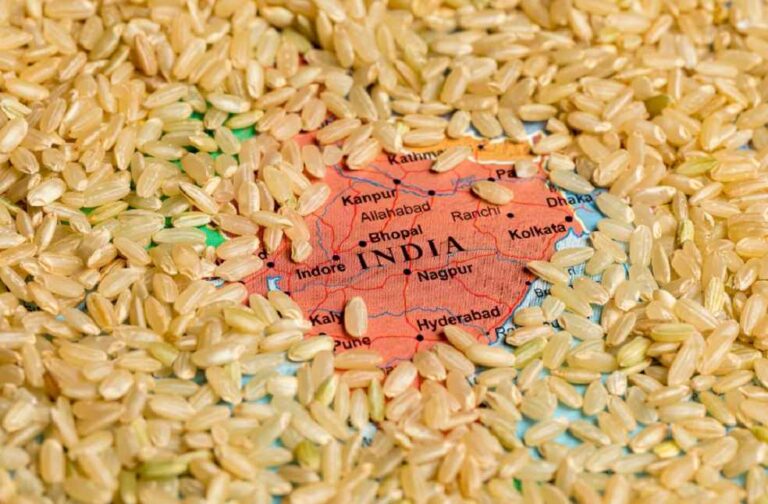The world grapples with a dire rice scarcity, unseen in two decades, primarily attributed to India’s stringent export curbs. These measures have profoundly disturbed global markets, elevating concerns over food security and driving rice prices to their zenith. As the leading rice exporter, India’s strategy to restrict exports aims at enhancing domestic stockpiles against the backdrop of soaring local prices and food security fears.
India’s Regulatory Impact on International Markets
To conserve its rice reserves, India implemented a ban on broken rice exports in September 2022, coupled with a 20% export duty on select rice varieties. Escalating the situation, July 2023 saw a comprehensive prohibition on exports of plain, white, long-grain rice. These actions severely affected nations in Africa and Southeast Asia, heavily dependent on India’s cost-effective rice.

As a consequence, global rice prices skyrocketed, reaching a peak not seen in nearly 12 years, as noted by the International Food Policy Research Institute. While aimed at domestic conservation, these export prohibitions have unleashed a crisis, endangering global food security and altering trade dynamics.
Economic Pressures on Rice Cultivation
Compounded by the surging costs of vital inputs like energy and fertilizers, the rice sector faces disproportionate financial challenges. This situation has notably impacted rice farmers across the globe, including those in the U.S., who struggle against the competitive force of subsidized foreign markets. In response, the U.S. Congress has provided $250 million in additional support for domestic rice farmers, acknowledging the widespread repercussions of this crisis.

Securing Food Stability and Market Balance
The rice shortage crisis accentuates the complex balance required between national food security strategies and global trade responsibilities. Aggravated by climate variability, erratic weather conditions, and geopolitical strife, a collective international initiative becomes crucial.
There exists an imperative for global dialogue and collaboration to confront and address the fundamental issues fueling this crisis. Formulating durable strategies that uphold farmers’ livelihoods while securing access to essential staples like rice for the world’s population is essential for ensuring food stability and restoring equilibrium in the markets.
IMEX SECTOR | Vietnam Buys Indian Brown Rice for Re-Export Amid Global Demand Surge



